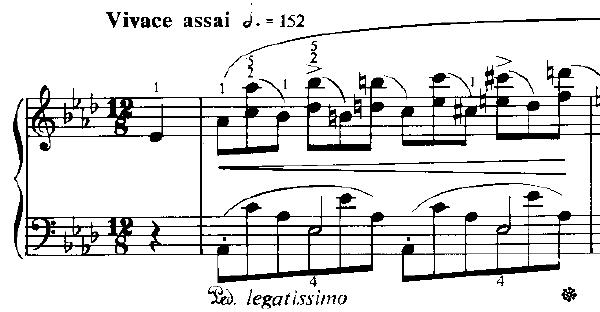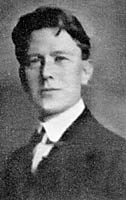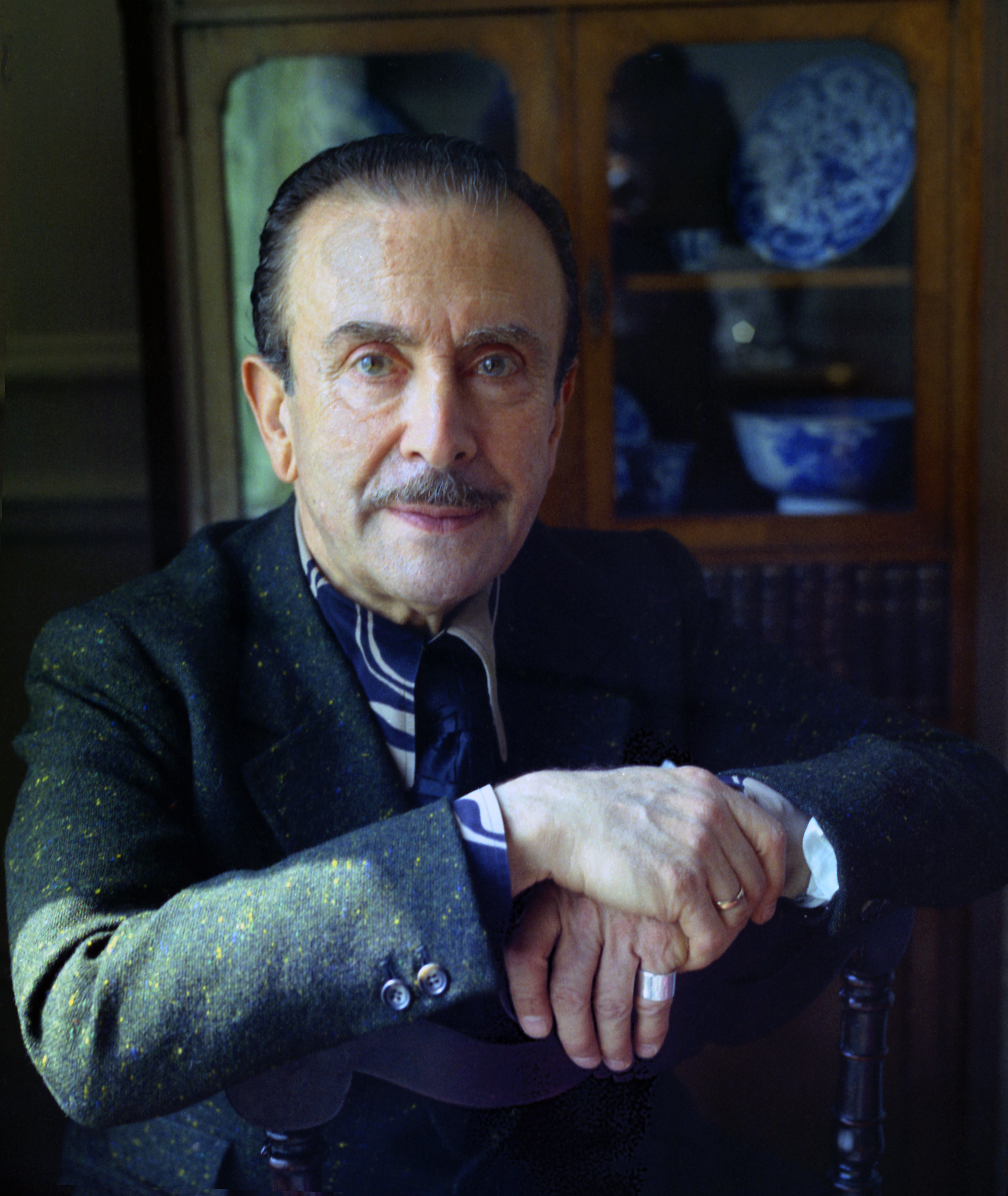|
Étude Op. 10, No. 10 (Chopin)
Étude Op. 10, No. 10, in A major, is a technical study composed by Frédéric Chopin. This étude places huge demands on the performer in varying a single pattern by changes of accent and touch. Chopin's primary concern in this work is for the widest possible variety of touch that can be given to a single figuration, with the continuous changes of accent highlighting not only different parts of the figuration but also emphasizing the polyphonic nature of the pattern. The opening section (bars 1–16) sets forth the three basic variations with almost a constant legato bass line; off-beat with four accents per bar in the right hand against four in the left hand (bars 1–8); then on-beat but with six accents in the right hand against four in the left (bars 9–12); and finally both hands staccato with no accents. The central section (bars 17–54) develops the opening theme through a series of modulations (E major, D major, A major and E major) with the accents in the ri ... [...More Info...] [...Related Items...] OR: [Wikipedia] [Google] [Baidu] |
Reprise
In music, a reprise ( , ; from the verb 'to resume') is the repetition or reiteration of the opening material later in a composition as occurs in the recapitulation of sonata form, though—originally in the 18th century—was simply any repeated section, such as is indicated by beginning and ending repeat signs. A partial or abbreviated reprise is known as a petite reprise ( , ). In Baroque music this usually occurs at the very end of a piece, repeating the final phrase with added ornamentation. Song reprises Reprise can refer to a version of a song which is similar to, yet different from, the song on which it is based. One example could be "Time", the fourth song from Pink Floyd's 1973 album '' The Dark Side of the Moon'', which contains a reprise of " Breathe", the second song of the same album. Pink Floyd's 1979 album '' The Wall'' also features a reprise in the form of In the Flesh?/In the Flesh, with the former being the opening track, and the latter being a so ... [...More Info...] [...Related Items...] OR: [Wikipedia] [Google] [Baidu] |
Études Op
Études (French for "studies") or Étude may refer to: Compositions * Étude, a type of instrumental musical composition designed to provide practice material * ''Études'' (Chopin), by Frédéric Chopin, 1829–1839 * ''Études'' (Debussy), by Claude Debussy, 1915 * ''Études'' (Ligeti), by György Ligeti, 1985–2001 * ''Études'' (Rautavaara), by Einojuhani Rautavaara, 1969 * ''Études'' (ballet), by Harald Lander, 1948 * "Étude" (instrumental), by Mike Oldfield, 1984 * "Etude", a song by Empire of the Sun from ''Walking on a Dream'', 2008 Albums * ''Etudes'' (Charlie Haden album), 1988 * ''Etudes'' (Ron Carter album), 1983 * ''Etudes'' (Andrew Horowitz album), 2019 Periodicals * ''Études'' (journal), a Roman Catholic journal published by the Jesuits * ''The Etude'', an American music magazine 1883–1957 See also * List of étude composers An étude is a musical composition (usually short) designed to provide practice in a particular technical skill in the perf ... [...More Info...] [...Related Items...] OR: [Wikipedia] [Google] [Baidu] |
Maurizio Pollini
Maurizio Pollini (5 January 1942 – 23 March 2024) was an Italian pianist and conductor. He was known for performances of Beethoven, Chopin, Debussy, and the Second Viennese School, among others. He championed works by contemporary composers, including Pierre Boulez, Karlheinz Stockhausen, George Benjamin, Roberto Carnevale, Gianluca Cascioli and Bruno Maderna. Several compositions were written for him, including Luigi Nono's '' ... sofferte onde serene ...'', Giacomo Manzoni's ''Masse: omaggio a Edgard Varèse'', and Salvatore Sciarrino's Fifth Sonata. As a conductor he was instrumental in the Rossini revival at the Rossini Opera Festival in Pesaro, conducting '' La donna del lago'' from a new critical edition in 1981. He also conducted from the keyboard. Pollini was also a left-wing activist in the 1960s and 1970s, and he remained politically engaged in later life. He maintained some separation between these ideals and his music. Life and career 1942–early ... [...More Info...] [...Related Items...] OR: [Wikipedia] [Google] [Baidu] |
Vladimir Ashkenazy
Vladimir Davidovich Ashkenazy (, ''Vladimir Davidovich Ashkenazi''; born 6 July 1937) is a Soviet-born Icelandic pianist, chamber music performer, and conductor. Ashkenazy has collaborated with well-known orchestras and soloists. In addition, he has recorded a large repertoire of classical and romantic works. His recordings have earned him seven Grammy Awards and Iceland's Order of the Falcon. Early life and education Vladimir Ashkenazy was born in Gorky, Soviet Union (now Nizhny Novgorod, Russia), to pianist and composer David Ashkenazi and to actress Yevstolia Grigorievna (born Plotnova). His father was Jewish and his mother came from a Russian Orthodox family. Ashkenazy was christened in a Russian Orthodox church. [...More Info...] [...Related Items...] OR: [Wikipedia] [Google] [Baidu] |
Paul Badura-Skoda
Paul Badura-Skoda (6 October 1927 – 25 September 2019) was an Austrian pianist. Career A student of Edwin Fischer, Badura-Skoda first rose to prominence by winning first prize in the Austrian Music Competition in 1947. In 1949, he performed with conductors including Wilhelm Furtwängler and Herbert von Karajan; over his long career, he recorded with conductors including Hans Knappertsbusch, Hermann Scherchen, and George Szell. Along with his contemporaries Friedrich Gulda and Jörg Demus, he was part of the so-called "Viennese Troika". He was best known for his performances of works by Mozart, Beethoven and Schubert, but had an extensive repertoire including many works of Chopin and Ravel. Badura-Skoda was well known for his performances on historical instruments, and owned several (his recording of the complete piano sonatas of Schubert is on five instruments from his private collection) (see "Recordings"). A prolific recording artist, Badura-Skoda made over 200 records, in ... [...More Info...] [...Related Items...] OR: [Wikipedia] [Google] [Baidu] |
Sviatoslav Richter
Sviatoslav Teofilovich Richter ( – August 1, 1997) was a Soviet and Russian classical pianist. He is regarded as one of the greatest pianists of all time,Great Pianists of the 20th Century and has been praised for the "depth of his interpretations, his virtuoso technique, and his vast repertoire". Biography Childhood Richter was born in Zhytomyr, Volhynian Governorate, in the Russian Empire (modern-day Ukraine), the hometown of his parents. His father, (1872–1941), was a pianist, organist and composer born to Germans, German expatriates, who from 1893 to 1900 studied at the University of Music and Performing Arts Vienna, Vienna Conservatory. His mother, Anna Pavlovna Richter (née Moskaleva; 1893–1963), came from a Russian nobility, noble Russian landowning family, and at one point had studied under her future husband. In 1918, when Richter's parents were in Odessa, the Russian Civil War, Civil War separated them from their son, and Richter moved in with his aunt Tamar ... [...More Info...] [...Related Items...] OR: [Wikipedia] [Google] [Baidu] |
Claudio Arrau
Claudio Arrau LeĂłn (; February 6, 1903June 9, 1991) was a Chilean and American pianist known for his interpretations of a vast repertoire spanning the baroque music, baroque to 20th-century classical music, 20th-century composers, especially Bach, Wolfgang Amadeus Mozart, Mozart, Ludwig van Beethoven, Beethoven, Franz Schubert, Schubert, FrĂ©dĂ©ric Chopin, Chopin, Robert Schumann, Schumann, Franz Liszt, Liszt and Johannes Brahms, Brahms. He is widely considered one of the greatest pianists of the twentieth century. Life Arrau was born in Chillán, Chile, to Carlos Arrau, an ophthalmologist who died when Claudio was only one year old, and Lucrecia LeĂłn Bravo de Villalba, a piano teacher. He belonged to an old, prominent family of Southern Chile. His ancestor Lorenzo de Arrau was a Spanish people, Spanish engineer who was sent to Chile by King Charles III of Spain, Carlos III of Spain. Through his great-grandmother, MarĂa del Carmen Daroch del Solar, Arrau was a descendant of t ... [...More Info...] [...Related Items...] OR: [Wikipedia] [Google] [Baidu] |
Alfred Cortot
Alfred Denis Cortot ( , ; 26 September 187715 June 1962) was a French pianist, conductor, and teacher who was one of the most renowned classical musicians of the 20th century. A pianist of massive repertory, he was especially valued for his poetic insight into Romantic piano works, particularly those of Chopin, Franck, Saint-Saëns and Schumann. For Éditions Durand, he edited editions of almost all piano music by Chopin, Liszt and Schumann. A central figure of the French musical culture in his time, he was well known for his piano trio with violinist Jacques Thibaud and cellist Pablo Casals. Biography Early life Cortot was born in Nyon, Vaud, in the French-speaking part of Switzerland, to a French father and a Swiss mother. His nationality was French. His first cousin was the composer Edgard Varèse. He studied at the Paris Conservatoire with Émile Decombes (a student of Frédéric Chopin), and with Louis Diémer, taking a ''premier prix'' in 1896. He made his d ... [...More Info...] [...Related Items...] OR: [Wikipedia] [Google] [Baidu] |
Martha Goldstein
Martha Goldstein (born Martha Svendsen; June 10, 1919 – February 14, 2014) was an American harpsichordist and pianist, who gave concerts in the United States, North Africa, the Middle East, and Europe. She performed works by George Frideric Handel, Frédéric Chopin, Georg Philipp Telemann, Franz Liszt, Ferruccio Busoni, Johann Sebastian Bach, and others. Biography Born in Baltimore, Maryland, Goldstein was trained at the Peabody Conservatory and the Juilliard School and studied with Audrey Plitt, Eliza Woods, James Friskin and Mieczysław Munz. She taught at the Peabody Conservatory for 20 years and at the Cornish College of the Arts. She also performed as a guest artist with the Soni Ventorum Wind Quintet, wind quintet-in-residence at the University of Washington School of Music since 1968. Many of Goldstein's recordings were first released on LP by Pandora Records, which was founded in 1973 and active for more than ten years. The company went out of business with the adv ... [...More Info...] [...Related Items...] OR: [Wikipedia] [Google] [Baidu] |
Coda (music)
In music, a coda (; ; plural ) is a passage (music), passage that brings a piece (or a movement (music), movement) to an end. It may be as simple as a few bar (music), measures, or as complex as an entire section (music), section. In classical music The presence of a coda as a structural element in a movement is especially clear in works written in particular musical forms. Codas were commonly used in both sonata form and Variation (music), variation movements during the Classical era. In a sonata form movement, the recapitulation (music), recapitulation section will, in general, follow the exposition (music), exposition in its thematic content, while adhering to the home key (music), key. The recapitulation often ends with a passage that sounds like a termination, paralleling the music that ended the exposition; thus, any music coming after this termination will be perceived as extra material, i.e., as a coda. In works in variation form, the coda occurs following the last va ... [...More Info...] [...Related Items...] OR: [Wikipedia] [Google] [Baidu] |
Pedal Point
In music, a pedal point (also pedal note, organ point, pedal tone, or pedal) is a sustained Musical note, tone, typically in the bass note, bass, during which at least one foreign (i.e. consonance and dissonance, dissonant) harmony is sounded in the other part (music), parts. A pedal point sometimes functions as a "non-chord tone", placing it in the categories alongside Suspension (music), suspensions, Suspension (music), retardations, and passing tones. However, the pedal point is unique among non-chord tones, "in that it begins on a consonance, sustains (or repetition (music), repeats) through another chord as a dissonance until the harmony", not the non-chord tone, "resolves back to a consonance".Frank, Robert J. (2000)"Non-Chord Tones" , ''Theory on the Web'', Southern Methodist University. Pedal points "have a strong tonal effect, 'pulling' the harmony back to its root (chord), root". Pedal points can also build drama or intensity and expectation. When a pedal point occurs ... [...More Info...] [...Related Items...] OR: [Wikipedia] [Google] [Baidu] |





